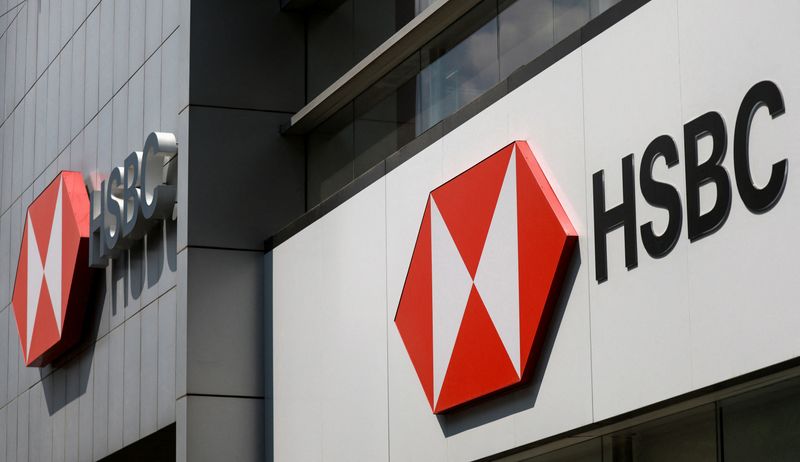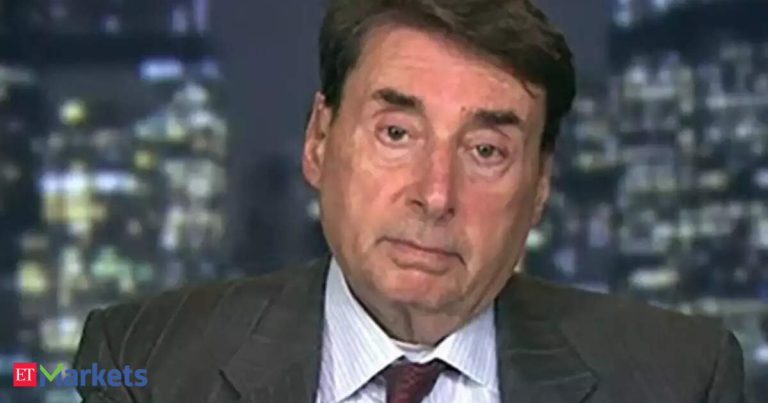By Selena Li and Lawrence White
HONG KONG/LONDON (Reuters) -HSBC Holdings reported a sharper-than-expected drop in profit on Wednesday, hurt by write-downs from exposures to a Chinese bank and Hong Kong real estate, while the bank pushed ahead with a global restructuring.
Its 26% slump in pretax profit in the first half showed the challenge ahead for CEO Georges Elhedery, as Europe’s largest bank racked up losses in China, where it has increasingly pinned its plans for growth in recent years after shrinking in Western markets.
Shop Top Mortgage Rates
Elhedery, who has unleashed a sweeping restructuring at the bank after taking charge last year, said in an earnings conference call that the bank started reviews of its retail banking business in Australia, Indonesia and Sri Lanka, and will start winding down its Bangladesh retail business in the second half of this year.
The lender’s corporate and institutional banking businesses were unaffected by these developments, he said.
The bank posted a profit of $15.8 billion for the first six months of this year, missing brokers’ estimates of $16.5 billion.
London-listed shares of HSBC fell 4.5%, matching earlier losses in its Hong Kong shares.
The lender’s shares have risen 36% in the last year, as it benefited from higher returns on its lending and grew income in its wealth business, though that lagged a 76% gain over the same period in rival Standard Chartered.
HSBC took a further $2.1 billion hit from its stake in state-run Bank of Communications, following a $3 billion impairment it took in February 2024 amid mounting bad loans in China.
CEO Elhedery downplayed the impairments on the bank’s BoCom stake, saying it would have no impact on its ability to pay dividends.
“These are accounting-related impairments…they do not impact the outlook we have on the Chinese economy, they are paper losses,” he said on the call.
The new writedown included a $1.1 billion loss as a result of the Chinese bank’s fundraising earlier this year, which diluted HSBC’s ownership.
China’s property market, once a key growth driver for the world’s second-largest economy, has been in a multi-year tailspin despite repeated government attempts to revive weak consumer demand, which left losses on domestic lenders’ loan books.
HSBC’s expected credit losses grew by $900 million compared to the first half of last year to $1.9 billion, the bank said, partly due to its exposure to Hong Kong’s troubled commercial real estate sector.
A sluggish property market in Hong Kong could continue to weigh on the asset quality of banks operating in Hong Kong, analysts from Citigroup said.







